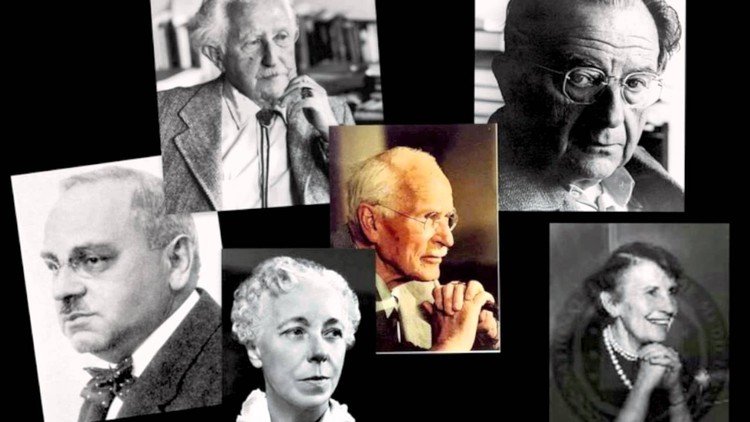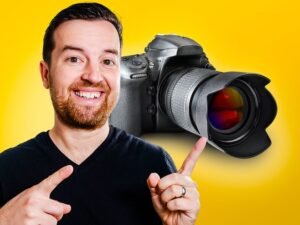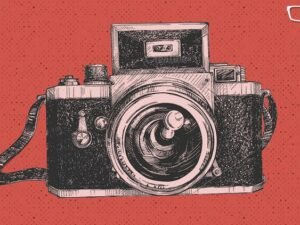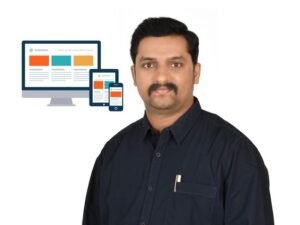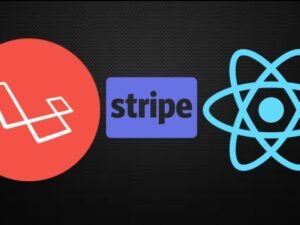- +91 844 9090 904
- info@maximumlearning.io
- Sector 62, Noida, 201309
- Description
- Curriculum
- FAQ
This course examines the physiological theories and methods in the understanding of normal and deviant aspects of personality. This is a college level informational content course (non-verbal slide visual content) intended to educate students about the core concepts of personality psychology. This course is ideal for psychology students to take prior to the start of the semester. It will provide assistance to students in passing their Theories of Personality psychology exam.
Theories Covered:
Freud: Classical Psychoanalysis
Jung: Analytical Psychology
Adler: Individual Psychology
Erikson: Psychosocial Development
Horney and Relational Theory: Interpersonal Psychoanalytic Theory
Allport: Personological Trait Theory
Two Factor Analytic Trait Theories: Cattell’s 16 Factors and the Big Five
Biological Theories: Evolution, Genetics, and Biological Factor Theories
Behaviorism: Dollard and Miller, Skinner, and Staats
Kelly: Personal Construct Theory
Mischel: Traits in Cognitive Social Learning Theory
Bandura: Performance in Cognitive Social Learning Theory
Rogers: Person-Centered Theory
Maslow and His Legacy: Need Hierarchy Theory and Positive Psychology
COURSE OBJECTIVIES & LEARNING OUTCOMES:
By the end of this course, students should be able to:
1. Identify the multifaceted aspects of personality – those underlying causes within the person of individual behavior and experience.
2. Explain popular theories and perspectives of personality and recognize the differences between them.
3. Recognize content meant to encourage students to apply the ideas within the lectures as a means of enhancing understanding.
4. Utilize the course to gain insight into his or her own personality from fundamental psychological concepts and principles related to theories of personality.
The Psychoanalytic Perspective
The Psychoanalytic-Social Perspective
The Trait Perspective
The Behavioral Perspective
-
9Allport: Personological Trait Theory
-
10Two Factor Analytic Trait Theories: Cattell’s 16 Factors and the Big Five
-
11Biological Theories: Evolution, Genetics, and Biological Factor Theories
-
12Quiz #3
This is a thinking activity for students to recall theories and information learned, process that information, then test their knowledge.
The Humanistic Perspective
-
13Bandura: Performance in Cognitive Social Learning Theory
-
14Kelly: Personal Construct Theory
-
15Mischel: Traits in Cognitive Social Learning Theory
-
16Behaviorism: Dollard and Miller, Skinner, and Staats
-
17Quiz #4
This is a thinking activity for students to recall theories and information learned, process that information, then test their knowledge.
How long do I have access to the course materials?
You can view and review the lecture materials indefinitely, like an on-demand channel.
Can I take my courses with me wherever I go?
Definitely! If you have an internet connection, courses on Udemy are available on any device at any time. If you don't have an internet connection, some instructors also let their students download course lectures. That's up to the instructor though, so make sure you get on their good side!

